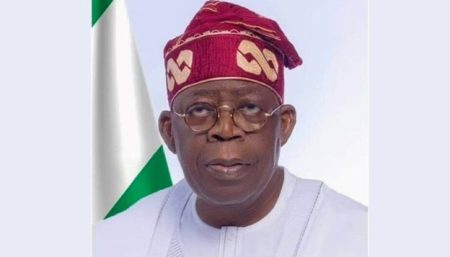 06 November 2012, Sweetcrude, LAGOS – SOME financial experts have expressed mixed reactions to the advice by the International Monetary Fund, IMF, that crude oil price benchmark used for 2013 budget should not be increased above 75 dollars per barrel.
06 November 2012, Sweetcrude, LAGOS – SOME financial experts have expressed mixed reactions to the advice by the International Monetary Fund, IMF, that crude oil price benchmark used for 2013 budget should not be increased above 75 dollars per barrel.
The revenue projects for the 2013 budget was based on 75 dollars per barrel.
This has caused some disagreement between the executive arm and legislature with the National Assembly insisting that the benchmark be reviewed upward.
Mr Scot Rogers, the IMF Senior Resident Representative in Nigeria, last week cautioned Nigeria against increasing the 2013 oil benchmark above the 75 dollars per barrel.
IMF said that Nigeria needed to reduce spending to avoid putting pressure on the economy.
While some experts said the crude oil price benchmark was low, others said that they supported the position of the IMF not to review the benchmark up.
Mr Henry Boyo, an economist, said that the nation had experienced unfettered inflation, increased debt accumulation and high unemployment because of conservative budget planning.
Boyo, who is the Chief Executive Officer of Abel & Sell Nig. Ltd, said that in the last three years budget benchmark were conservatively calculated below 25 per cent of the actual average.
“In spite of the actual reality of average crude prices over 100 dollars per barrel in 2012, domestic borrowings in excess of N720 billion was induced by conservative crude oil benchmark.
“This obtuse fiscal strategy has increased national debt accumulation as our consolidated national debt of over N8 trillion is now more than our current reserve base of about 40 billion dollars,” he said.
Mr Okeowo Oderinde, a former Chairman of Ikeja District of Institute of Chartered Accountants of Nigeria, said that the government benchmark was in order.
Oderinde said that the government adopted the position to ensure effective fiscal management to cushion against the unexpected developments in the international market.
He said that raising the crude oil price benchmark should not be an issue for the IMF, but for Nigerians.
Oderinde said that what the country needed was good governance especially if the price fell at the international market.
He, however, warned government of frivolous spending, adding that there was a development in 1985 when crude oil price fell below the benchmark.
Oderinde said that country then did not feel the price difference because of good leadership and accountability.
Mr Victor Ogiemwonyi, the Managing Director, Partnership Investment Company, said that the IMF’s warning was very apt.
Ogiemwonyi said that inflation rate at 11.3 per cent not good for any economy.
He said that a very high oil price benchmark would mean high revenue projections which would mean bigger spending for the nation.
Ogiemwonyi also said that an increase in oil benchmark would also stoke up inflation, which would consequently result to higher interest and exchange rates.
He said that these would affect the economy negatively, adding that there was even the problem of gloal recession.
Ogiemwonyi said that a higher price benchmark would lead to bigger deficit in budget projections.
He, however, suggested that there was the need to take a conservative position on oil price benchmark for the budget to be more realistic.
Ogiemwonyi pointed out that there was no point in projecting higher revenue that would not be realised.
Malam Garba Kurfi, the Managing Director of APT Securities and Funds Ltd., said that “a situation where Federal Government was floating bonds to meet recurrent expenditure was not good for the nation”.
Kurfi said that the nation’s inflation rate was still very high at 11.3 per cent, adding that other frontier markets like Ghana and Morocco were already having single digit inflation rate.



